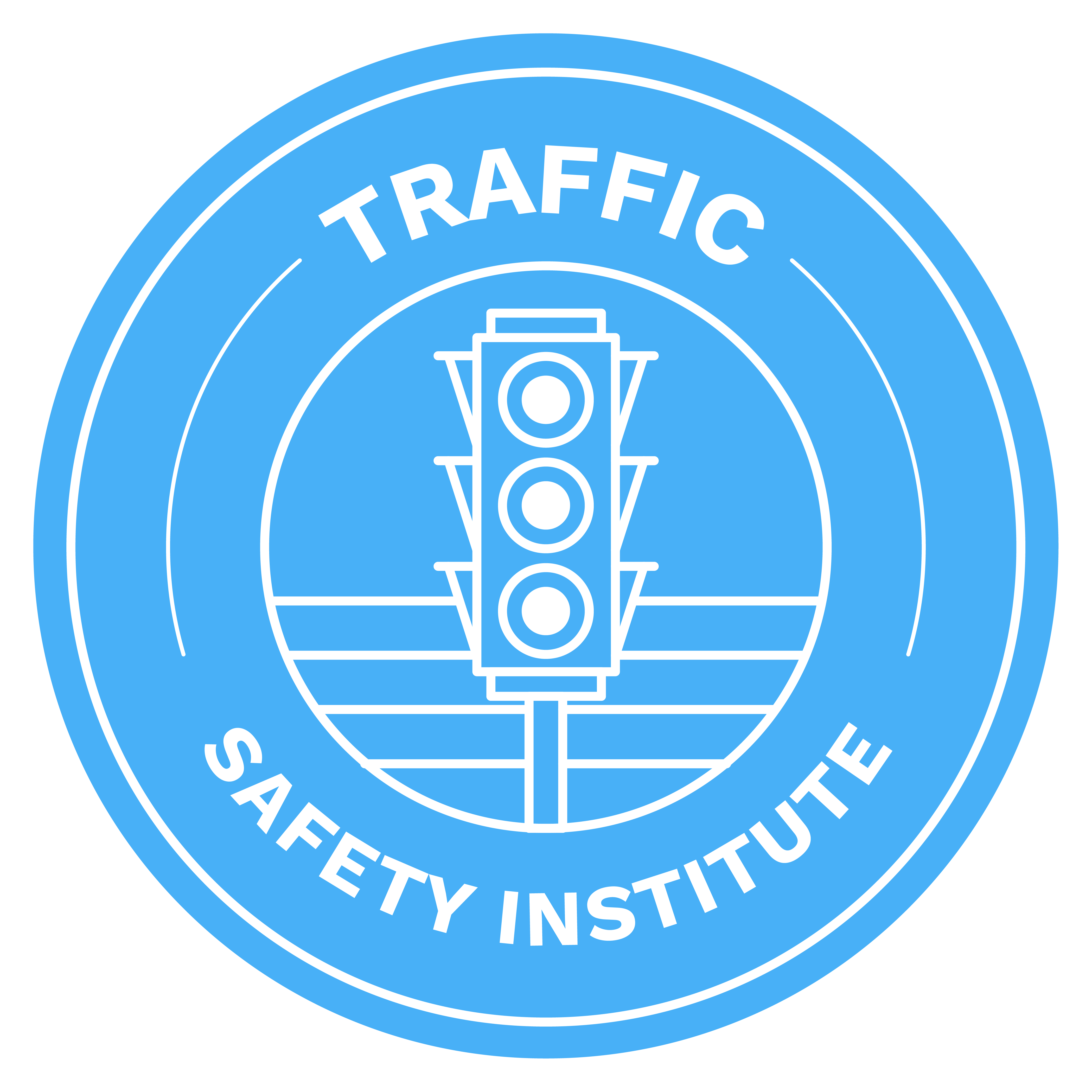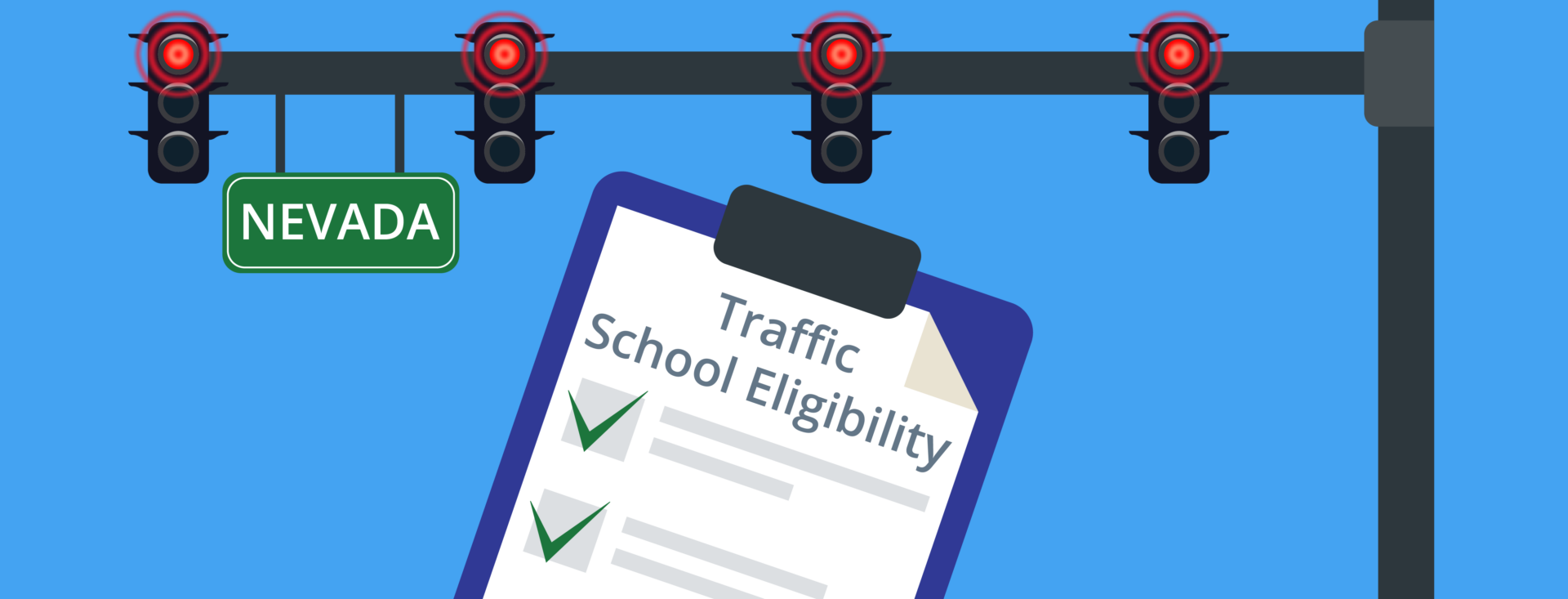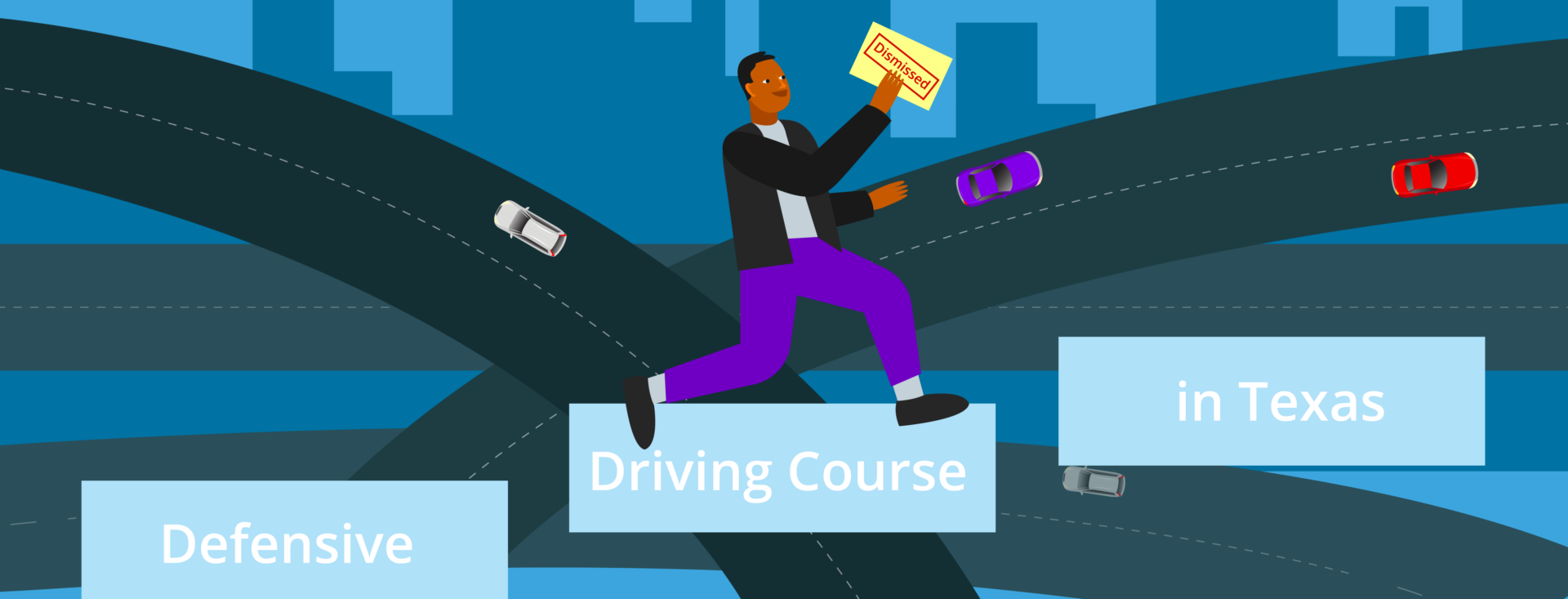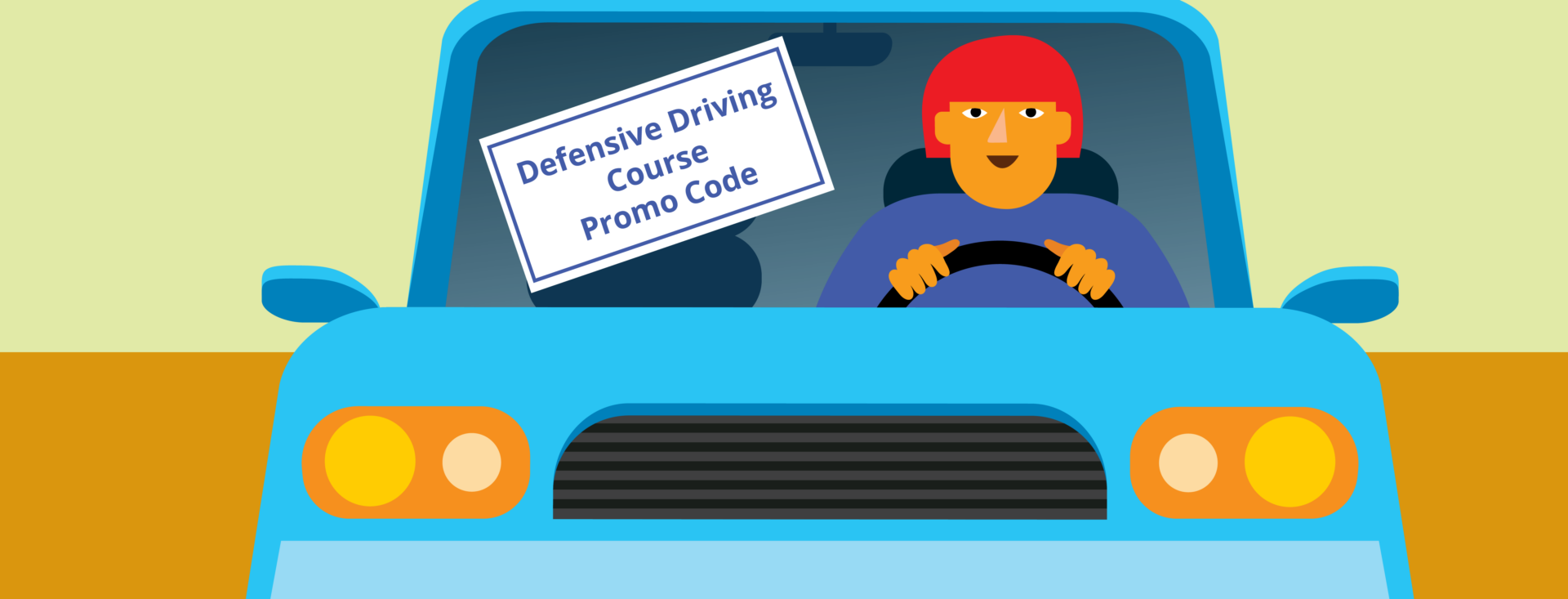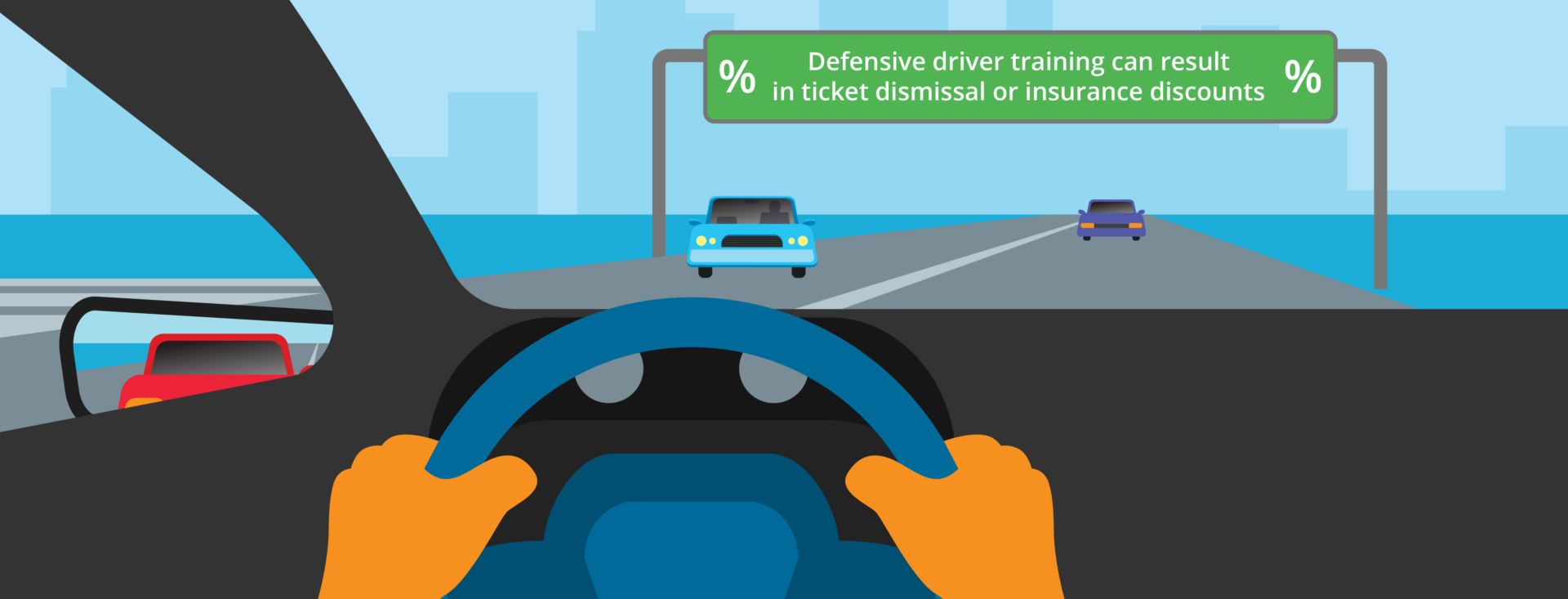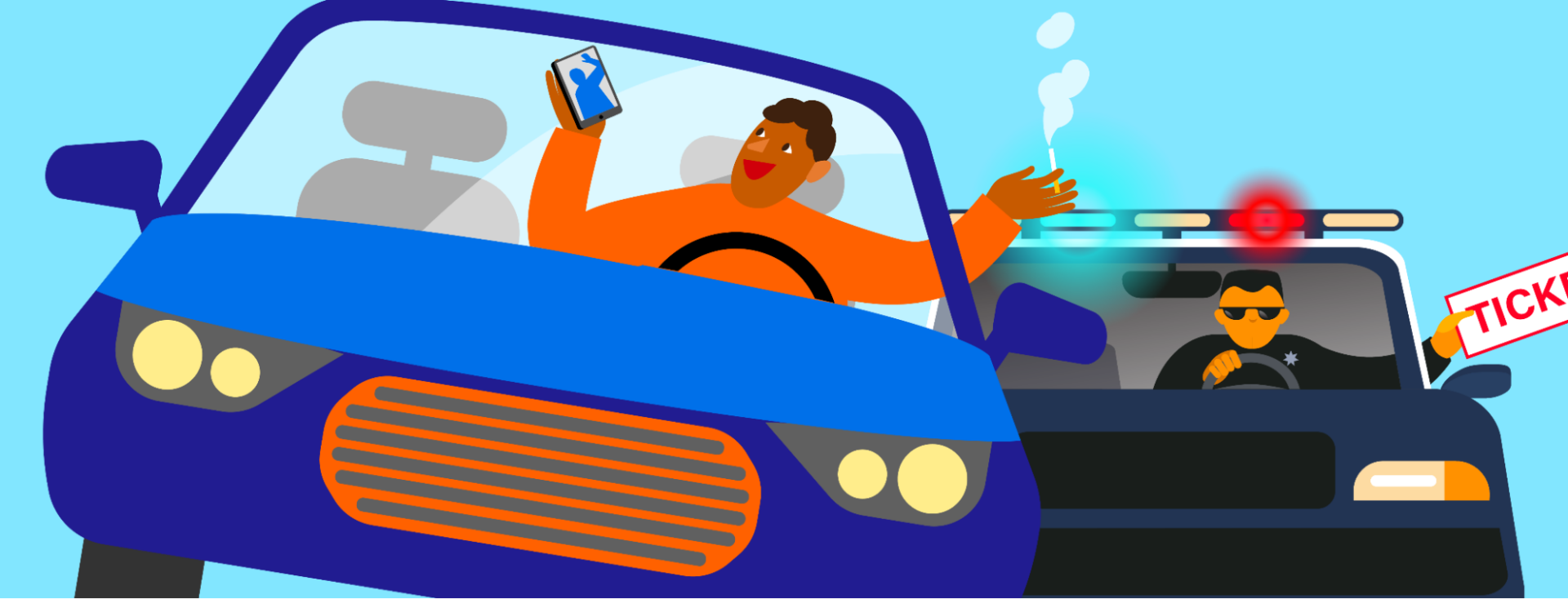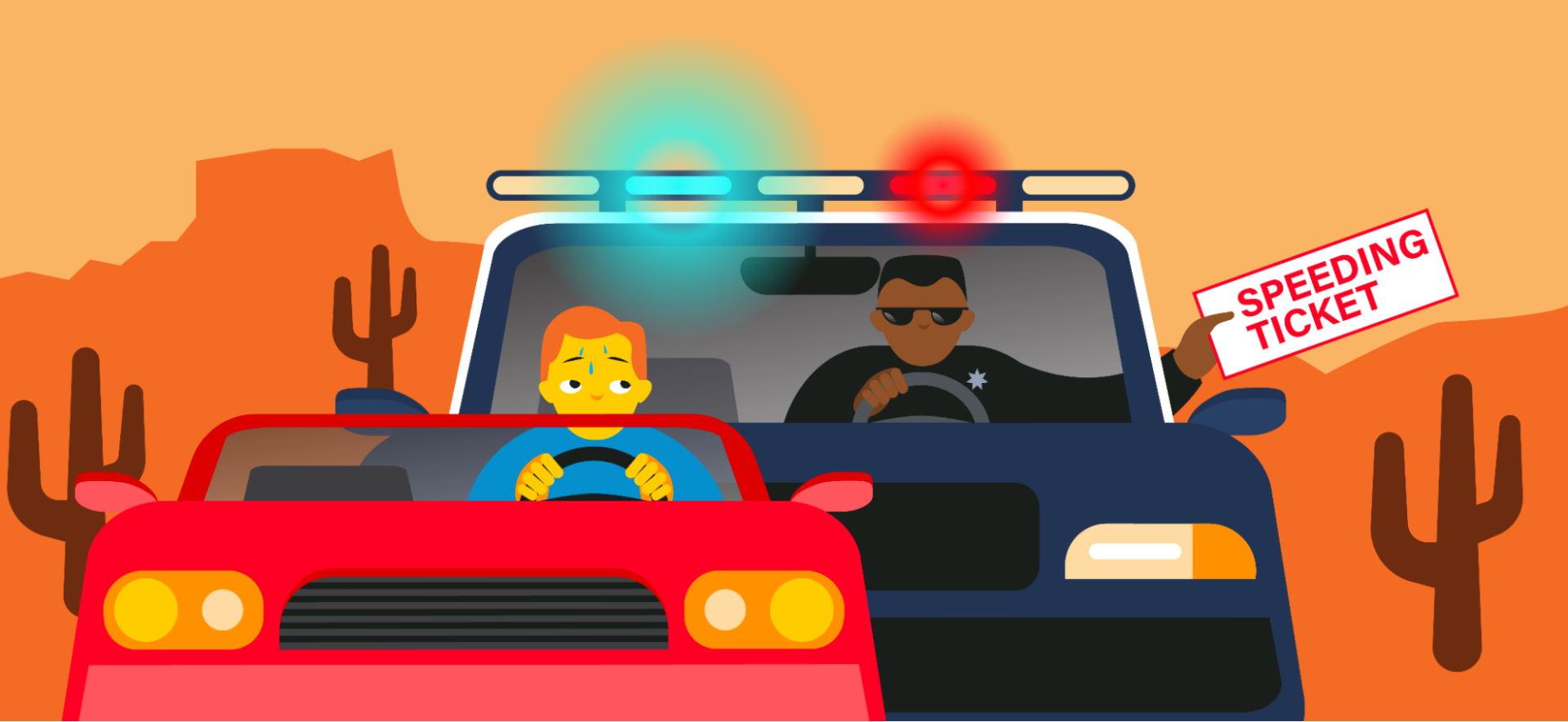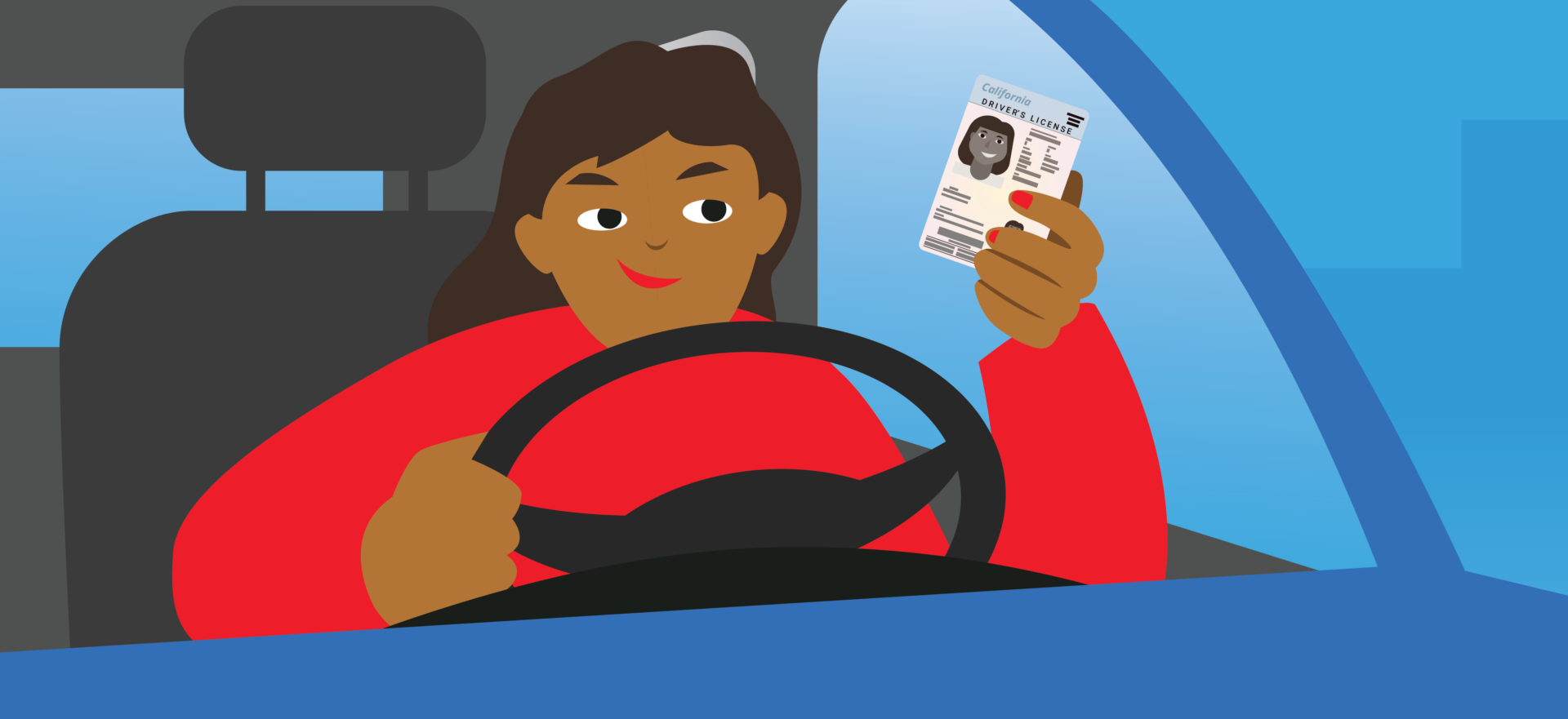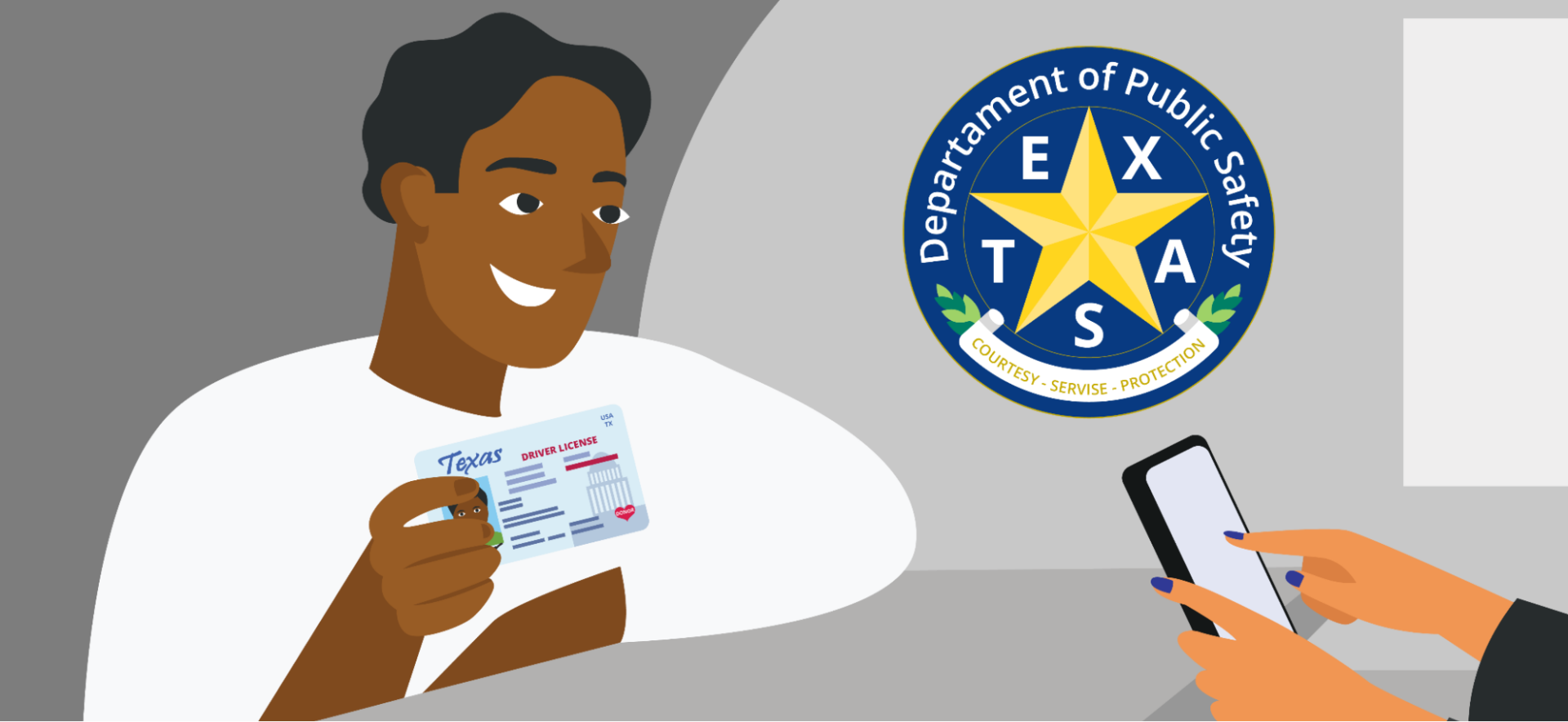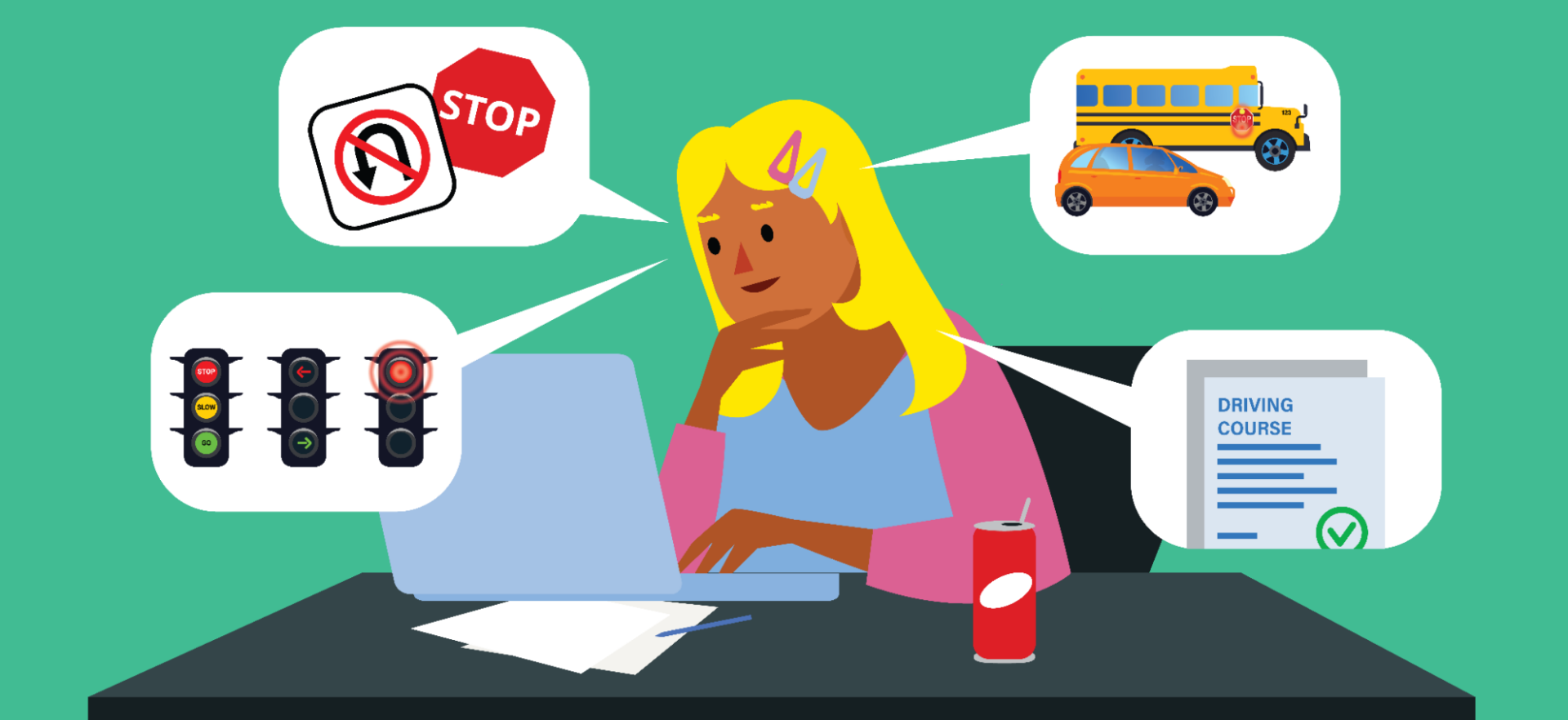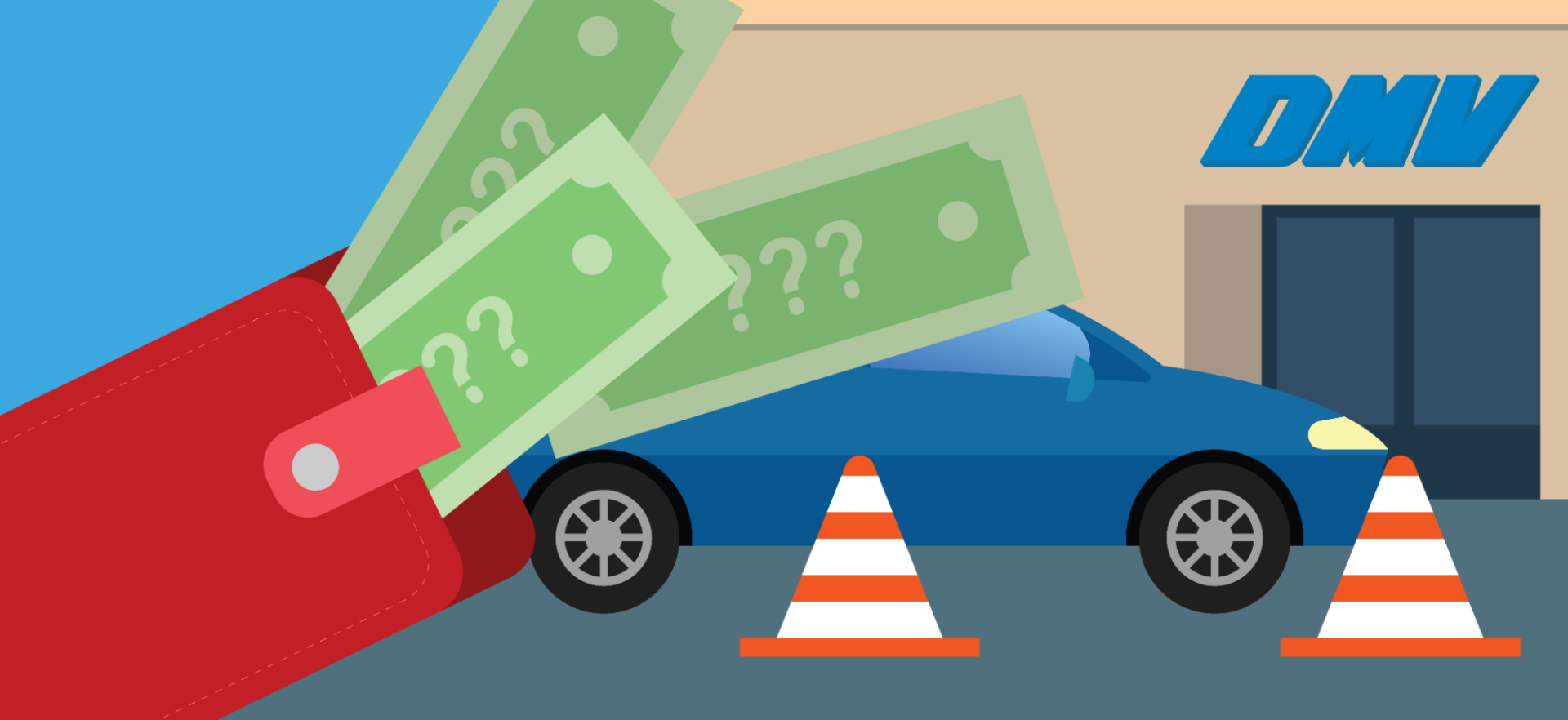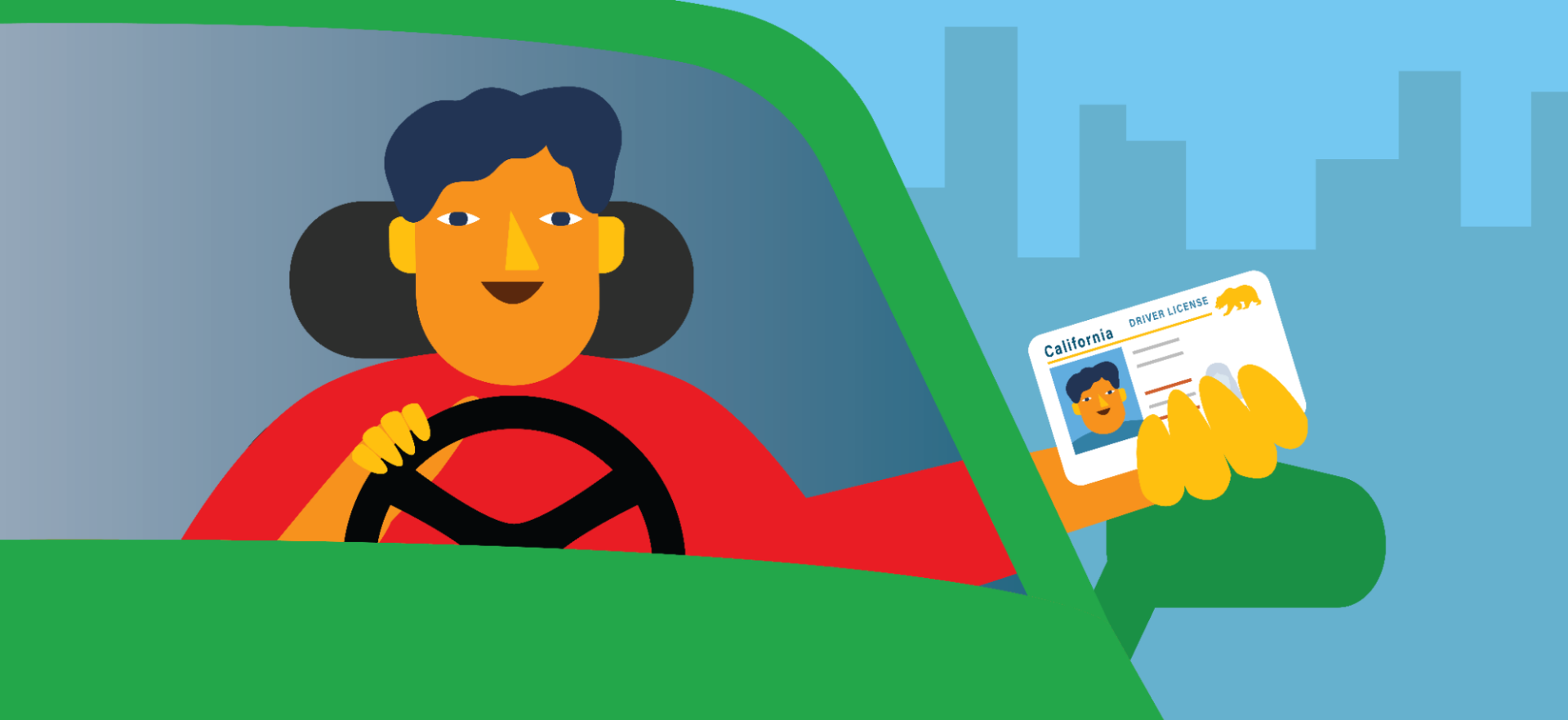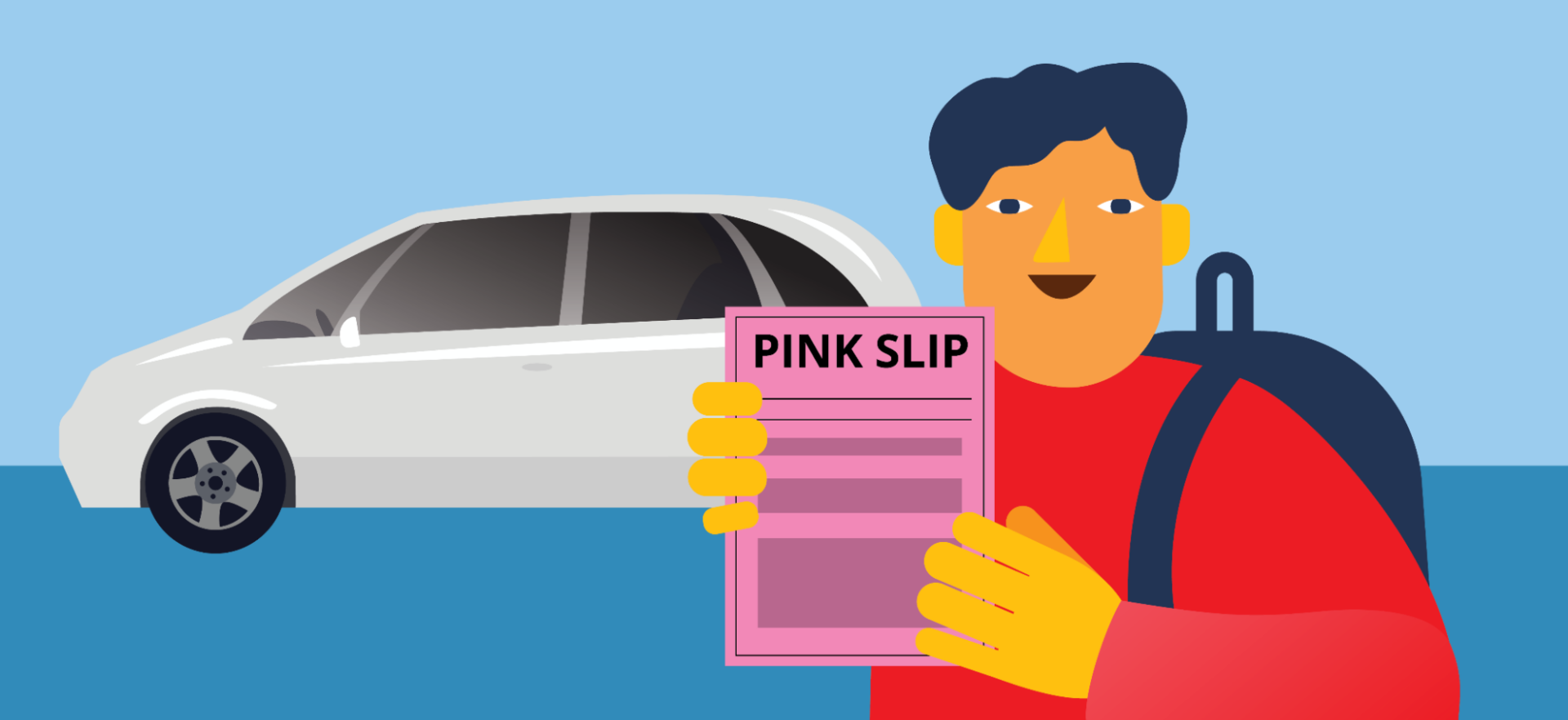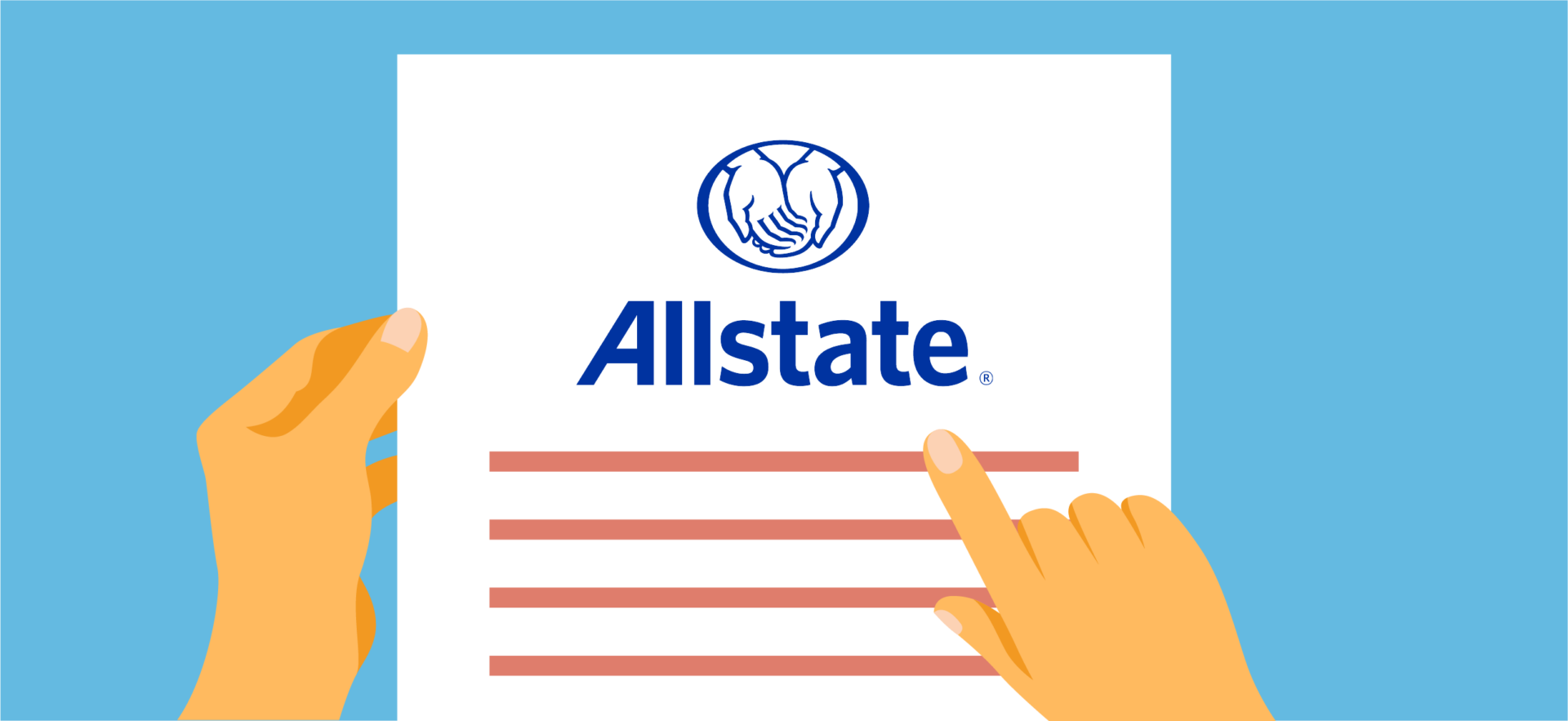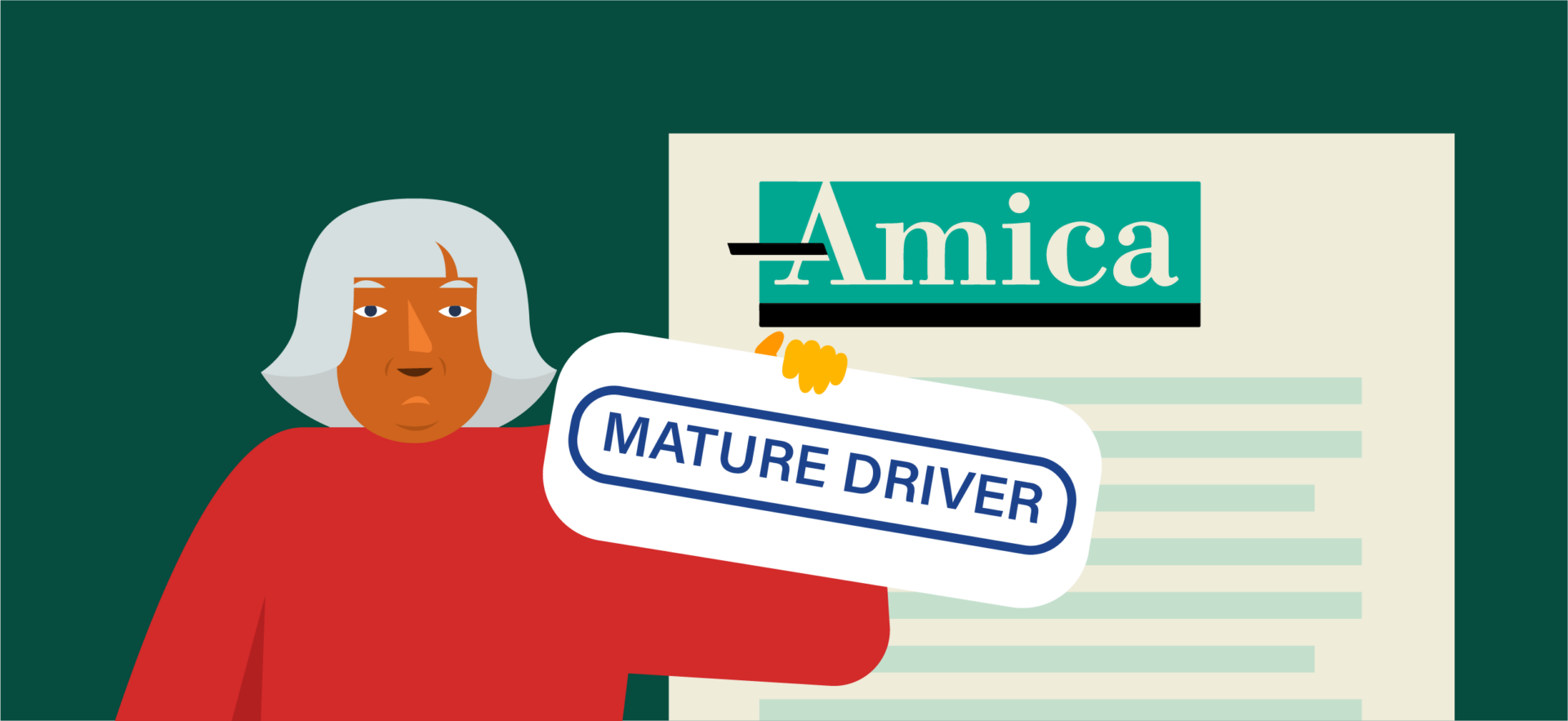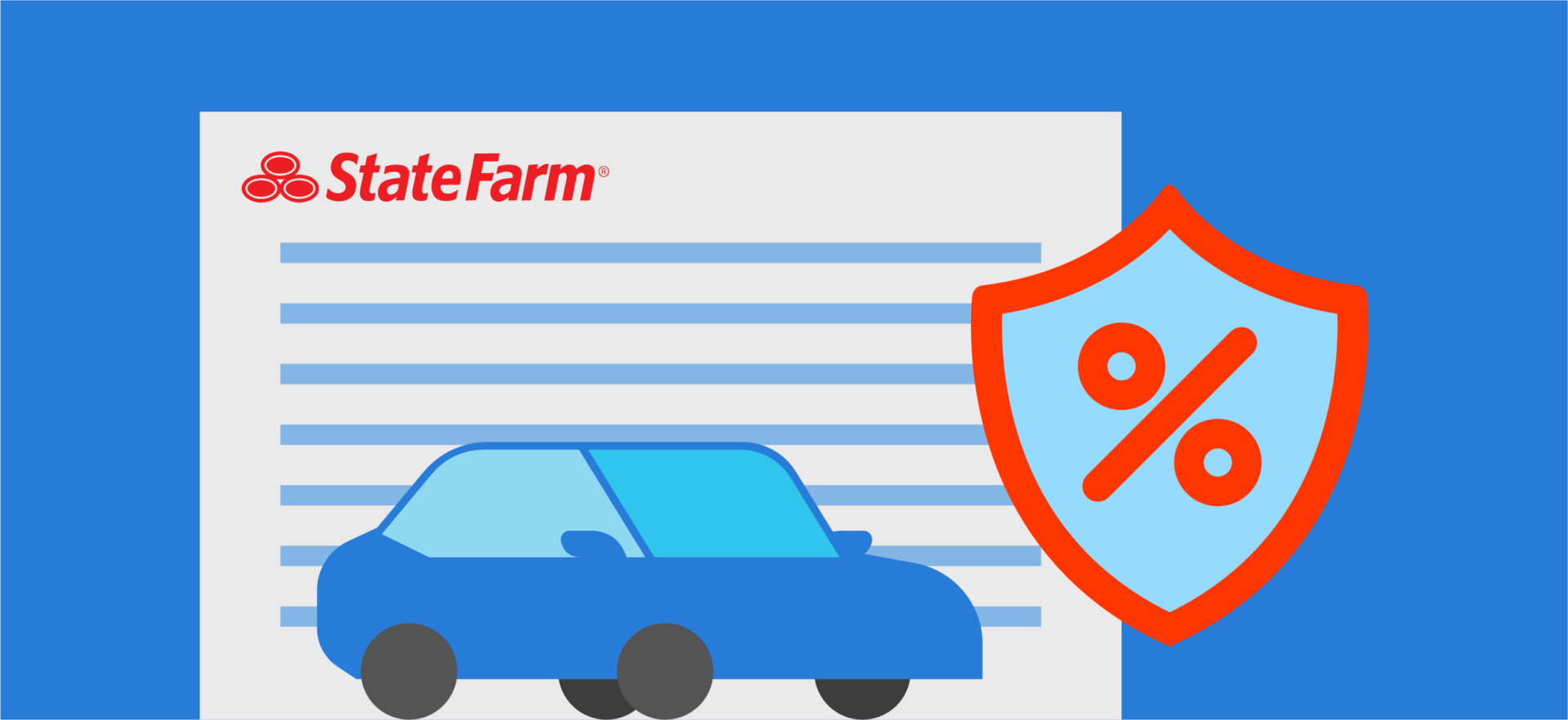Texas cell phone driving laws prohibit motorists from texting while behind the wheel. These regulations came into effect in 2017, with the goal of reducing distracted driving. Ensure you’re following the rules – we’ll show what is and isn’t allowed.
Cell Phone and Driving Laws in Texas: What You CAN’T Do
Texas law prohibits the following activities while driving:
- Reading, writing, or sending electronic messages of any kind
- Using a handheld phone in school zones
- Social media use, such as checking your feed or sharing a post
- Any use of cell phones while driving for drivers under 18
While you may not send text messages while driving, you can use your phone’s GPS (more on that later). Also, it’s legal to talk on the phone, whether handheld or hands-free, but only when driving outside a school zone.
One thing to be aware of is that Texas cell phone laws vary by city. For instance, San Antonio’s Hands-Free Ordinance also forbids using your phone’s GPS unless the device is affixed to the vehicle. This differs from state law, so be sure to understand local ordinances in the places you drive regularly.
Texas Cell Phone Law Exceptions
In Texas, there are situations where you may use your mobile phone while driving without getting fined. For instance, the law doesn’t prohibit you from:
- Calling 911 while behind the wheel
- Using a handheld phone as a GPS device
- Texting when stopped in a parking lot
- Texting while waiting at a red light
- Playing music on a handheld phone
- Reading messages related to emergencies
- Using a handheld device to report illegal activity or ask for help in emergency situations
- Entering information into a mobile app (e.g., Waze) that alerts road users about traffic and road conditions
Texas is one of the few states that allow the use of handheld devices for making phone calls while driving. However, if you cause an accident while talking on the phone, you may still be charged with distracted driving and face legal action.
Also note that Texas legislators are currently discussing the introduction of a new law (SB 47) that would forbid handheld devices behind the wheel. If this law comes into effect, drivers will be required to use hands-free devices when talking on the phone, setting the GPS, or playing music.
How Much Is a Cell Phone Ticket in Texas?
Failure to comply with Texas cell phone laws can lead to a fine of $25 to $99 for first-time offenders. A second or third cell phone ticket will cost you $100 to $200. Depending on what your driving record looks like, you could have your license suspended, too.
Texas drivers who break the law and cause an accident resulting in serious bodily injury or death may pay fines of up to $4,000. In such cases, the court may also order up to one year of jail time.
A cell phone ticket can also raise your monthly insurance premiums by over $38. That’s an extra $456 per year for three consecutive years!
What to Do If You Get a Cell Phone Ticket
Texas doesn’t have a hands-free law (yet), but you could still be fined for texting and driving. The same can happen if you’re caught talking on the phone while in a school zone or using your device to check your Facebook feed.
Here’s what you can do after receiving a cell phone ticket.
Pay the Fine
One option is to pay the fine online, by mail, or in person before the due date. With this option, you don’t have to appear in court, but the ticket will show up on your record and bump up your insurance rates.
Some courts also charge additional fees on top of the base fine, resulting in significantly higher costs.
Contest the Ticket
Consider fighting your ticket if the alleged offense falls under one of the exceptions to Texas cell phone driving laws. If, say, you’re charged with texting while driving and you were actually using your phone’s GPS, then you have a chance to win in court.
Depending on your circumstances, you may also argue that:
- You were holding your phone but not texting
- You were using a hands-free device
- You were making an emergency call
- The police officer mistook your actions
Check the ticket or citation for instructions on how to plead not guilty (e.g., by mail) and request a trial. In the meantime, gather evidence to support your case, such as phone records or witness statements.
If you win the case, the judge will dismiss your ticket. If you lose, you’ll have to pay the fine and court fees. Plus, the violation will appear on your record and potentially raise your insurance costs.
Our advice is not to go to court unless you have a strong case or face additional charges (e.g., reckless driving) with more severe consequences than a fine. The legal fees could be much higher than the fine amount, especially if you hire an attorney.
Attend Defensive Driving School
A third option is to plead guilty, pay the fine, and take a Texas defensive driving course to dismiss your ticket. In Texas, these classes take at least six hours and cost $20 to $150, depending on the course provider.
Defensive driving (aka driver safety) school can be completed online or in person, but you must meet certain eligibility criteria.
For example, you can take the course no more than once a year and only if you have a valid non-commercial driver’s license. Texans facing more serious violations or those charged with texting and driving (or other offenses) while in a construction zone are automatically disqualified.
Generally, it’s best to check with your local court before enrolling. If you’re eligible, pay the ticket and choose a TDLR defensive driving course like Traffic Safety Institute.
Read: How to Do a Defensive Driving Course in Texas
Why Choose Traffic Safety Institute?
Our online course is approved by the Texas Department of Licensing and Regulation (TDLR) and accepted by all state courts. It’s quick, flexible, and convenient, featuring 12 user-friendly modules you can go through from any device. There’s no final exam, but you must take a short quiz after each lesson.
The defensive driving course at Traffic Safety Institute costs $31, but you don’t have to pay until you pass the exam. Our flat fee covers the following:
✅ 12 user-friendly lessons
✅ Unlimited course retakes
✅ Free audio read-along
✅ Full compatibility with all devices
✅ Instant electronic certificate copy
✅ Same-day submission to the TDLR
Bonus: You can also take our defensive driving course to lower your insurance rates by up to 10% for three years. The only requirement is to sign up voluntarily (not to fulfill a court order).
Most courts will give you 90 days to complete defensive driver training, but you may request an extension if necessary. When you’re done, submit your certificate to the court before the deadline. Our defensive driving school is licensed in all Texas counties, including Harris, Dallas, Tarrant, and Bexar counties.
📢 Don’t let a cell phone ticket skyrocket your insurance rates. Start driver safety school for free to get the charges dismissed in no time.
Final Thoughts
Texas has more lenient cell phone laws than other states, but this doesn’t mean it’s safe to use your device while driving.
Don’t take unnecessary risks. Pull over to answer phone calls or search for directions, set up your playlist before hitting the road, and turn off social media notifications. These small habits could save your life.
If you break the rules and receive a ticket, don’t rush into paying it. Instead, check if you’re eligible for driver safety school and then pay the fine.
Our defensive driving course has received thousands of positive reviews for its convenience and helpful learning materials. Whether you want to dismiss your ticket or pay less for insurance, we’ve got you covered.
